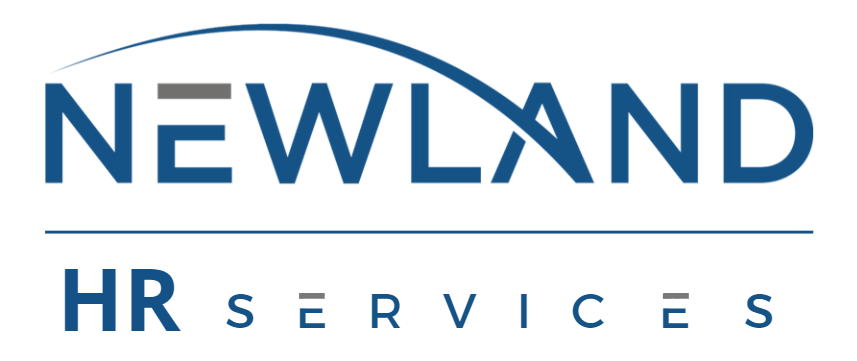Diversity does not always equal inclusion. One of the first things that must be checked to create and maintain a diverse and inclusive workplace is unconscious bias. Humans can be judgmental and creates a bias – we believe things about others, behaviors, points of view, sometimes without being aware of it. Not controlling these biases can not only hurt recruiting quality talent, but significantly harm retention, ruining company reputation that can only introduce more consequences.
For a company to be successful at diversity and inclusion, implicit biases must be addressed. If it is not handled, no real impact will be made. Bias itself varies in different types; some include:
Affinity biasSometimes, interviewers will gravitate towards a candidate because they believe to have similarities. It’s important to be mindful that regardless of the connection, as it can impact a resume review or interview process. |
Confirmation biasSometimes, we have preconceived beliefs or thoughts about a candidate based on their background or what they believe to be their background and try to prove it. This should always be addressed as it can affect a potential candidate even before an interview or review. |
Effective heuristicSometimes people can be judged based on their physical appearance. What should always be reminded to team members is what is important for the job. |
Perception biasThis type of bias occurs when an individual is so hung up on a perceived notion of a particular gender, ethnicity, etc. that they are unable to think objectively about a person. |
It can be easy to make mistakes subconsciously, it’s crucial to focus on what matters to the job. Turning team members and candidates into data, does not allow recruiters or interviews assume their candidates and allows them to do their job effectively.
Organizational transparency on how their employees are hired and promoted can help mitigate biases. Publishing employment diversity information across departments can help keep companies accountable as they strive to improve diversity, equity, and inclusion. Doing so can also point organizations to bias they might not have been aware of until they looked at the numbers.
We offer behavioral and cognitive assessments that provide you with an objective way to measure who a candidate is and how well they will fit a job while avoiding the potential biases listed above. These assessments don’t care what university you went to or what group you’re a part of. However, these tools don’t guarantee diversity—that responsibility lies with the person using the tools. It’s important that it ensures a level of fairness to candidates and employees of all backgrounds.
Sources: The Predictive Index, “How to build a diverse workforce”








